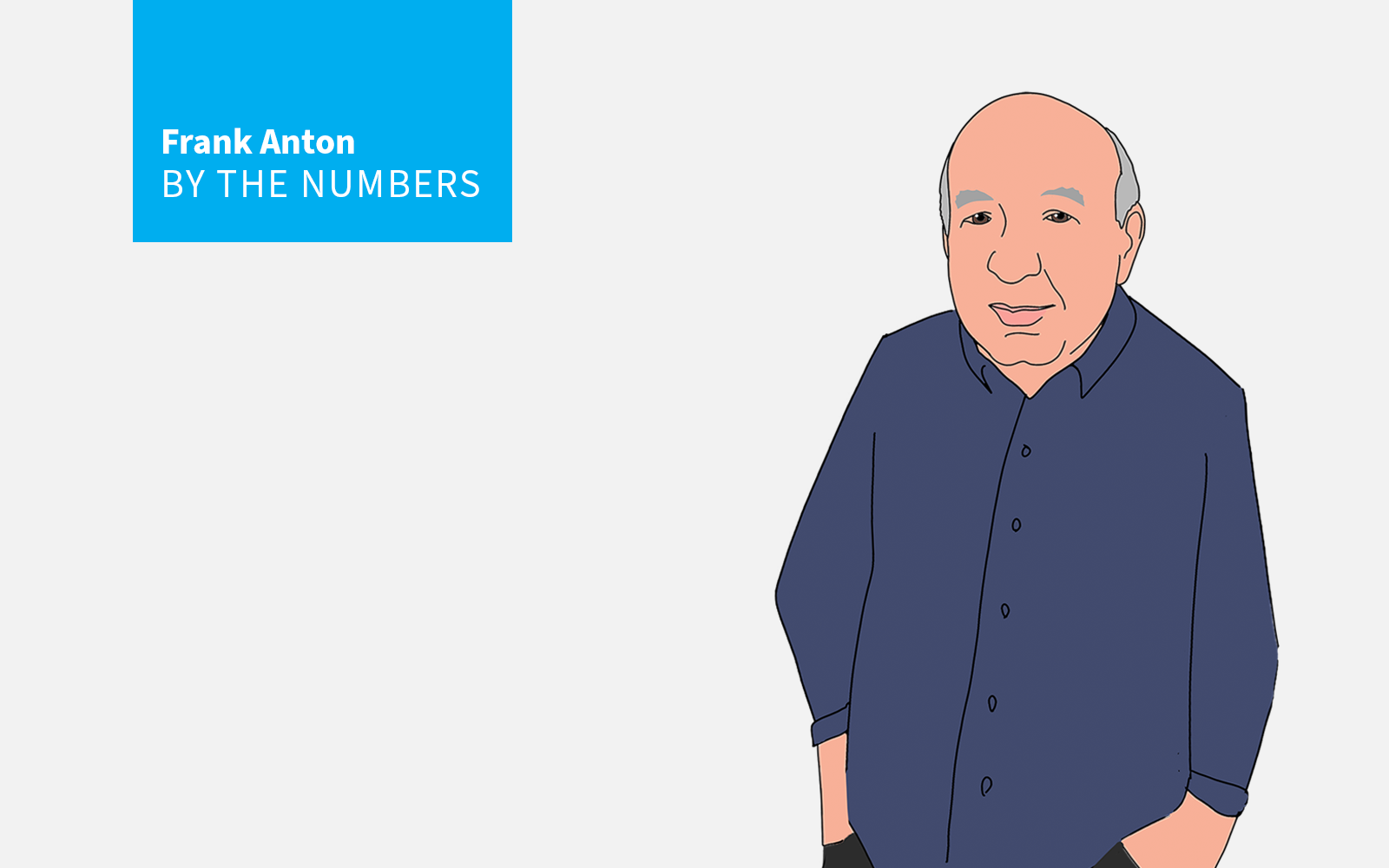Leadership
Here's The Top Line On What TBD Survey Respondents Expect Next
Frank Anton looks at the data from our very first online rapid survey and concludes, 'yeah, but ... ' Bottom line, though, the numbers support a case for confidence.

-60%
My last column really wasn’t a typical column. A typical column is one in which I tell you what I think about what is happening in the housing market. Instead the last column was an 8 question survey meant to find out how you – the readers of the column – see things playing out in a housing market that for the first time in 10 years is under real pressure.
About 80 of you completed the survey. The charts below show the survey results. Before you look at the charts let me sum up what they show: The party, and boy was it a great party, is over.
If you dig into the charts you’ll see:
- About 80% of respondents see the housing industry slipping into a downturn before year end;
- You point at high housing prices and higher mortgage rates as the key causes of the slowdown;
- Many of you have already braced yourself for trouble by offering incentives to buyers, sold land or backed away from options on land and asked for new terms from subs and suppliers;
- A sizeable majority of you expect the downturn to last 6-18 months.
Those answers didn’t surprise me. On the other hand, some of your answers and some of your recent comments did. For example, when asked how confident you are that your business could weather a prolonged downturn, 75% of respondents said – in so many words – “no sweat.”
Then there were comments like these: “the double-digit increase in value is not sustainable. So, yes that will cause a slowdown. But we are not falling off a cliff.” Another reader wrote “I think a slight downturn is likely.” And a third reader commented “my market remains white hot.”
As to a soft landing, the history of how the housing market behaves during a downturn over the last 60 years strongly, very strongly, suggests otherwise. To be more specific, there have been 6 full blown housing recessions in the last 60 years. On average, housing starts during these downturns have dropped a very scary 60%. That is not a soft landing. That is the kind of nosedive that only the savviest and financially stable builders can pull out of.
I think powerful forces beyond any builder's control will push starts down to 1 million units.
Those forces include rampant inflation (the highest in 40 years), a stock market that is only down 14% from its peak (an almost 50% stock market decline is typical in most recessions), the withering psychological and financial effect of Covid (which could race out of control again this fall), political gridlock and discord (as intense as it has ever been since the Civil War), and the first land war in Europe in 75 years (and who knows just how crazy Putin is).
Look, I’m spending the summer on the beach, and I hope I’m wrong and that all of you, who after all are on the front lines of the housing industry are right. But I don’t think so.
Join the conversation
Since 1873, Kohler Co. has been improving the level of gracious living by providing exceptional products and services for our customers’ homes and their lifestyles.
MORE IN Leadership
Homebuilders and Insurance: A New-Reality Cost To Stay Ahead
Exclusive insights from Westwood Insurance Agency’s Alan Umaly and MSI’s Naimish Patel reveal why homebuilders must rethink insurance, resilience, and risk management—or risk losing buyers in an increasingly volatile market.
Build With Purpose: What Homebuilding Must Learn Now
Jamie Dimon’s 2025 letter isn’t about banking — it’s a challenge to business leaders in housing and beyond.
Wanda Headley Shows What Strength Looks Like Now
In a time of volatility and doubt, a retiring LP team member reminds us that character, commitment, and community are still the bedrock of resilience.


